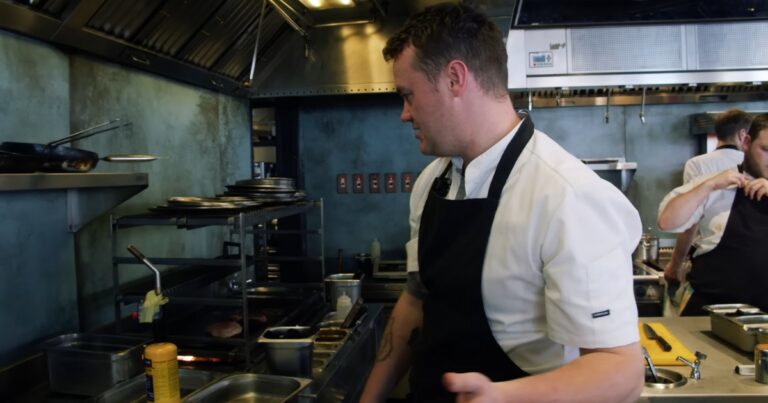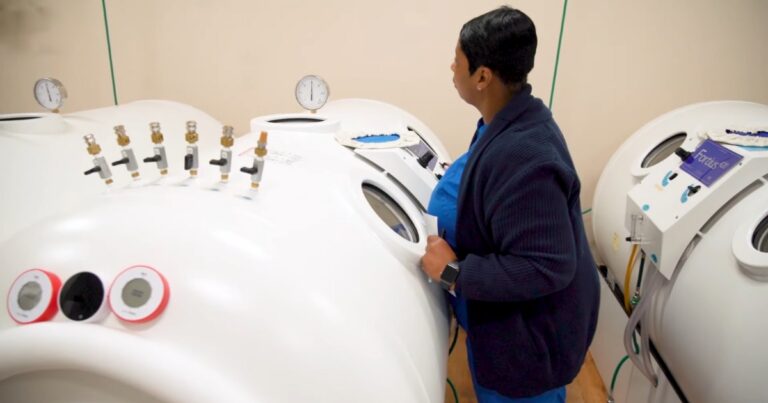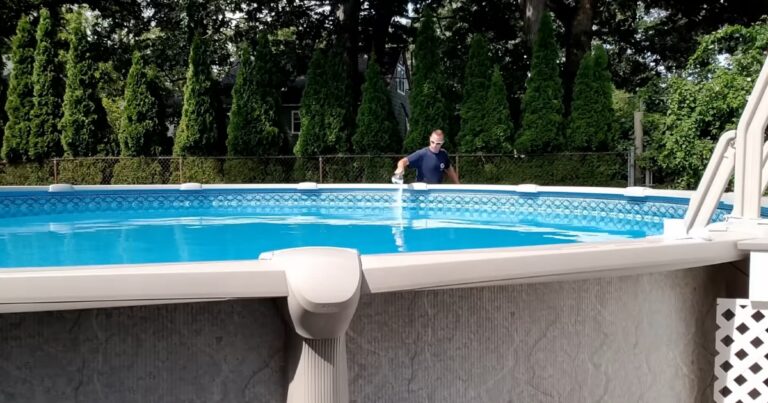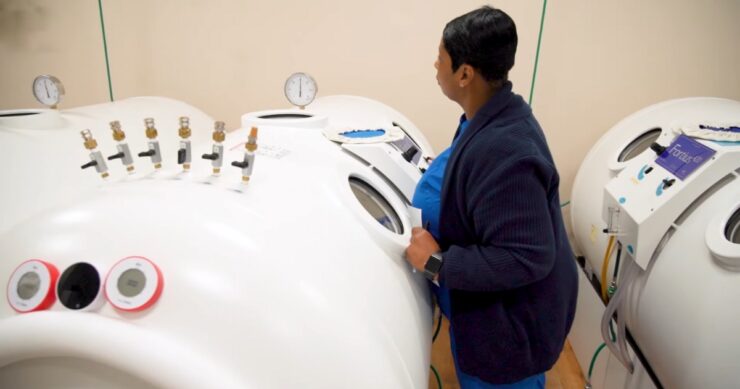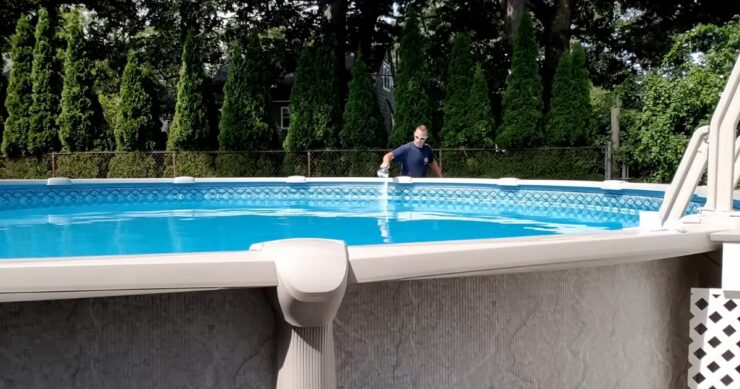In the bustling world of the catering industry, the reliability and performance of your equipment are non-negotiable. Much like a well-oiled machine, a kitchen needs its tools to be in top-notch condition to deliver delectable results consistently.
The importance of catering equipment maintenance transcends mere functionality; it’s about safeguarding your investment and optimizing operational efficiency. By embracing regular upkeep, businesses not only ensure the longevity of their equipment but also unlock substantial cost-saving benefits.
A proactive approach to maintenance keeps unexpected breakdowns at bay and prolongs the lifespan of your machinery, ensuring that every piece of apparatus performs at its best for as long as possible.
Understanding Your Equipment
Catering equipment forms the backbone of any culinary establishment. From sophisticated combi ovens and high-capacity refrigerators to the humble blender, each piece plays a vital role in your kitchen’s symphony. However, to keep this symphony harmonious, it’s crucial to understand your gear inside out.
Different types of equipment have varying maintenance needs. For instance, a deep fryer requires regular cleaning to prevent oil buildup, while a refrigerator needs its coils cleaned to maintain efficiency. Familiarizing yourself with the manufacturer’s guidelines and understanding the operational nuances of each piece is the first step toward effective maintenance.
Regular Cleaning Practices
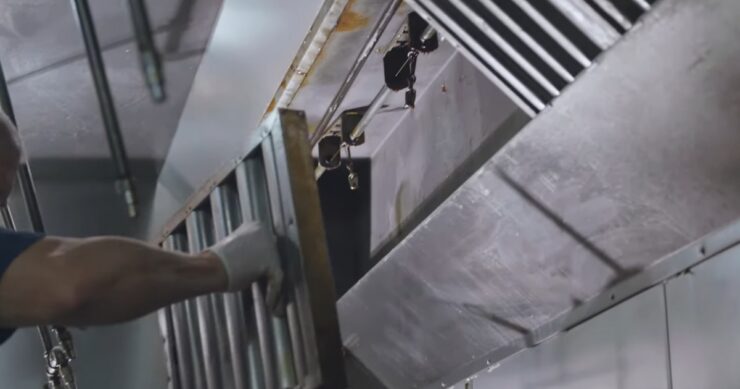
The significance of regular cleaning for catering equipment cannot be overstated and outlets such as kidcateringequipment.com will tell you that. Not only does it ensure hygiene and food safety, but it also plays a pivotal role in maintaining the efficiency and longevity of your machinery.
But how does one tackle this seemingly mundane yet crucial task effectively? The answer lies in a systematic approach. Start with disconnecting the equipment from its power source. Then, depending on the type of gear, disassemble removable parts and clean them separately.
Use the appropriate cleaning agents – degreasers for oily residues, descalers for mineral deposits, and sanitizers for general cleaning. Remember, regular cleaning is not just about aesthetics; it’s about maintaining performance and preventing the wear and tear that comes from accumulated grime and residues.
Cleaning Supplies and Techniques
Equipping your team with the right cleaning supplies is half the battle won. Essential supplies include degreasers, descalers, sanitizers, non-abrasive cloths, and soft-bristle brushes. When it comes to techniques, always follow the manufacturer’s instructions.
Use soft cloths to avoid scratching surfaces and opt for non-abrasive cleaning agents to preserve the integrity of your equipment. For tough grime, consider using steam cleaners or pressure washers, but always ensure they are suitable for your specific type of equipment.
Remember, effective cleaning is not just about hard scrubbing; it’s about using the right tools and techniques to achieve the best results without causing damage.
Preventive Maintenance Schedule
Preventive maintenance is not just a task – it’s a strategic approach to ensure your equipment runs smoothly without unexpected downtimes. The idea is simple: regular checks and minor adjustments can prevent major repairs in the future.
Create a maintenance schedule that outlines routine checks, cleaning, and servicing for different equipment types. For example, refrigeration units might require monthly coil cleaning, while ovens may need quarterly calibration.
Stick to this schedule religiously. Not only does it keep your apparatus in prime condition, but it also familiarizes your staff with the machinery, making them more attuned to spotting potential issues before they escalate.
Inspection and Calibration
Regular inspection and calibration are crucial for precision and performance. This involves checking for wear and tear, ensuring all parts are functioning correctly, and calibrating equipment to meet industry standards.
For instance, ensuring your oven’s temperature is accurate can be the difference between a perfectly baked cake and a culinary disaster. Calibration might require professional assistance, but it’s an investment that pays dividends in product quality and operational efficiency.
Handling Wear and Tear in Catering Equipment: Maintenance Essentials
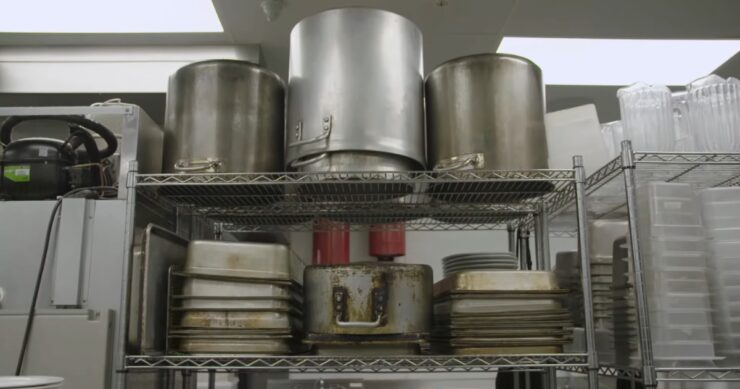
Maintaining catering equipment is not just about keeping it clean; it’s about ensuring its longevity and functionality. Wear and tear are inevitable, but how you address it can make all the difference. Common signs include unusual noises, decreased efficiency, and visible wear on moving parts.
To address these issues, regular inspections are key. Identify potential problems early, and address them immediately. Preventive measures, such as using apparatus as per the manufacturer’s guidelines and ensuring regular maintenance, can mitigate wear and tear significantly.
The Crucial Role of Lubrication and Oil Changes
Moving parts in catering equipment require regular lubrication to function smoothly. Neglecting this can lead to increased friction, leading to wear and potentially costly breakdowns. Adhere to a regular lubrication schedule, using the correct type of lubricant as specified by the manufacturer.
Similarly, oil changes are crucial for equipment with internal combustion engines. Regular oil changes ensure the longevity of the engine parts and maintain the efficiency of the equipment.
Electrical Safety in Catering Equipment Maintenance
Electrical safety is paramount when dealing with catering equipment. Faulty wiring or mishandling of electrical components can lead to severe consequences, including fires or electrocution.
Always ensure that the power is off before performing any maintenance on electrical equipment. Regularly check for frayed wires, loose connections, and signs of electrical faults. Hiring a professional for regular electrical maintenance checks can prevent accidents and ensure the safety of your staff and premises.
The Role of Training and Education in Equipment Maintenance
Proper training and education are vital for effective maintenance of catering equipment. Operators must be familiar with the equipment’s functions, maintenance requirements, and safety protocols.
Invest in training programs, and encourage staff to attend workshops and courses. Knowledgeable staff can identify potential issues early, handle equipment correctly, and contribute to its longevity.
Handling Emergency Repairs in Catering
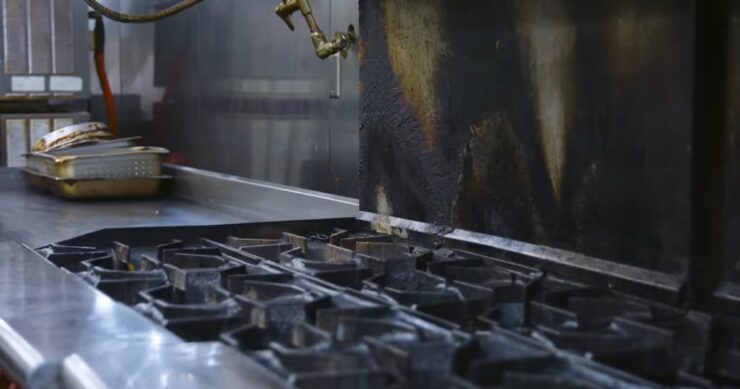
Despite all preventive measures, emergencies can occur. Knowing how to handle emergency repairs can minimize downtime and potential losses. First, assess the situation and determine if it’s something that can be fixed in-house or if it requires professional intervention.
Keep a basic toolkit and the equipment’s manual handy for minor repairs. However, for more complex issues, especially those involving electrical components or structural repairs, calling in professionals is advisable.
Conclusion: The Pillar of a Successful Catering Business
In conclusion, diligent maintenance of catering equipment is not an option but a necessity for a successful catering business. Regular maintenance, including addressing wear and tear, lubrication, oil changes, and ensuring electrical safety, is essential. Equally important is investing in the training and education of your staff.
Understanding when and how to handle emergency repairs, and recognizing when to call in professionals, can save your business from significant downtime and financial loss. Remember, well-maintained catering equipment is the cornerstone of efficiency, safety, and customer satisfaction in any catering venture.
Related Posts:
- How to Serve Whisky Like Pro: Step-by-Step Guide
- 6 Benefits of Running a Car Check: Maximizing Car Lifespan
- Essential Equipment for Pile Driving Operations:…
- Hoof Maintenance Tips & Tricks: The Role of…
- How Often to Run Robot Vacuum: A Guide to Effortless…
- Preparing and Passing PTE Academic: Pro Tips for Success

